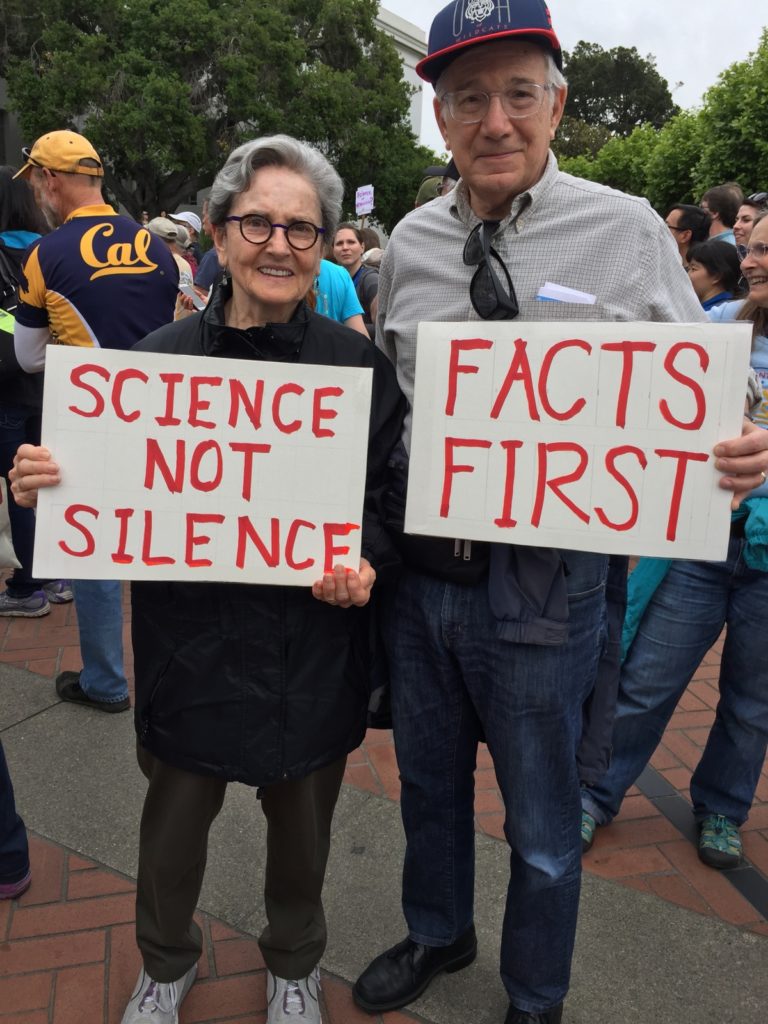I wrote this essay in early April, 2020, just as physical distancing was emerging as a way to combat the spread of the novel coronavirus. The nation’s fate in this pandemic must be understood in the context of Donald Trump’s administration. The personal reality he has constructed undercuts the country’s medical experts’ efforts at fact-gathering and analysis. President Trump and key members of his administration have suppressed the rule of law, the balance of powers, and open debate. The President and his supporters consistently deny the scientific evidence of global warming. (By the way, I don’t call it “climate change.” If the temperature of the oceans rises, that’s a global phenomenon, not a variation in climate.) They deny the intelligence community’s evidence of Russian interference in the 2016 election. Attorney General William Barr (March 24, 2019) gave a misleading summation of the Mueller Report, and Mueller himself wrote a “conclusion” far weaker than what his own team’s evidence required (April 18, 2019).
In early January, 2020, President Trump’s Deputy National Security Adviser Matthew Pottinger, a former intelligence officer in the Marines, and a former Wall Street Journal correspondent in Hong Kong, learned from an epidemiologist there that the novel coronavirus, “which originated in the city of Wuhan, was being transmitted by people who were showing no symptoms.” (NYTimes, April 12, A1, 13-15 at p. 14 B). For Matthew Pottinger’s impressive career, see this link.) Thus, a Hong Kong doctor, during months of anti-China demonstrations in that city, revealed that China was covering up a more rapid spread of the disease than merely tracking the symptoms would indicate. The President did not wish to alarm the American people. At the same time, he was trying to conclude a trade deal with China, so he did not wish to upset the Chinese government. He was enduring the Senate’s impeachment trial. Even though his acquittal was a foregone conclusion, surely this was a difficult time for him. These are understandable distractions, but this sympathy can go too far. He is president of a republic, first among equals, not an isolated individual. The President’s premise is that nothing goes wrong in Trump’s America, and when it does, the fault lies elsewhere. The threat of an invisible pandemic should override the president’s ambitions on trade, his political fate, or his popularity ratings. As this article in the Wall Street Journal shows, President Trump’s priorities have hampered the doctors and scientists working to protect the public and to devise measures effective against COVID-19.
Nonetheless, following the advice of medical experts, a vast proportion of the U. S. population now cooperates by “sheltering-in-place” to avoid catching or spreading the coronavirus. There is naturally some resentment of those who violate the quarantine. Critics of those who, without good reason, refuse to shelter in place contrast our peers to the generation that fought WWII by saying “My grandparents went to war all around the world to make our country safe yet we refuse to help by staying home.” Right. Still, the coronavirus is a new threat that arrives in the midst of this broader, Trumpian crisis — less life-threatening in the short term, but more dangerous to the freedom we Americans cherish. So “just staying home” even though helpful in fighting the coronavirus, is not enough for the overall situation.
We must not let the fight for physical health become a moral decline. We’re in a weird situation: active cooperation by sheltering in place can become a sin of omission. We can’t just shrug and say, “that was something I couldn’t change.” The question remains: If culpable complacency is suicide, what is to be done? I asked that question once to my skeptics’ discussion group, and two folks roared back, “Ring doorbells. Get the hell out there.” Electoral politics. That may not be enough. We can bring change. With intellect, resilience, creativity, and resolve; with facts, and reason, and a clear view of the world as it is, we can devise constructive actions. Until the virus is somewhat tamed and it’s safe to go out, we must convert our physical isolation into action. We can donate online to worthy causes and candidates whose priorities we share. Even more important: we can write. They say “the pen is mightier than the sword,” but it might not be mightier than the lie. What we can do is expose the lie. Speak, write, and tweet the truth — often. Write the truth (very concisely) on a picket sign and, when the time comes, march.

I hope these lines encourage many to act along with me, but there’s a proviso. We must convince others. Self-congratulatory circles have some benefit, but they risk being no more than collective isolation. I found an important clue in a New York Times opinion piece by Viet Thanh Nguyen. “What this crisis has revealed is that, while almost all of us can become vulnerable — even corporations and the wealthy — our government prioritizes the protection of the least vulnerable.” That formulation is too cryptic to use in exactly those words, but it is at the core of our troubles. Expound that truth as far as possible and we will burst from this confinement with new drive. We will strengthen our empathy and acknowledge that those who sheltered in place and those who bring them their food and hook up their oxygen have bonded, recognized the mutual responsibility their relationship demands, and will negotiate a far more equitable social contract.